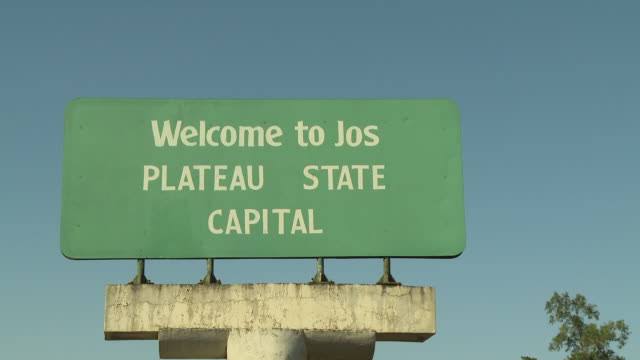The Mwaghavul people, an ethnic group residing in the Mangu Local Government Area of Plateau State, Nigeria, have experienced a devastating wave of violence over the past two years. Over 600 lives have been tragically lost due to relentless attacks attributed to herdsmen, forcing more than 65,000 villagers from their homes and resulting in the destruction of 6,111 houses. This humanitarian crisis has left the Mwaghavul community grappling with immense loss and displacement, placing them at the epicenter of a broader conflict that has plagued several regions of Plateau State. The scale of the destruction and the enduring nature of the violence have raised profound concerns about the safety and future of the Mwaghavul people.
The attacks, characterized by the Mwaghavul Youth Movement as a “coordinated genocide,” have not only claimed lives but also eroded the social fabric of the community. The displacement of such a large portion of the population has disrupted traditional livelihoods, separated families, and created a climate of fear and uncertainty. The destruction of homes and property represents not just material loss but also the erasure of cultural heritage and the disruption of established social structures. The sustained nature of the violence, spanning two years, has left the Mwaghavul people feeling vulnerable and desperate for a resolution.
The Mwaghavul Youth Movement, representing the younger generation of the ethnic group, has voiced its deep concerns and condemnation of the attacks. They argue that the violence is unprovoked and driven by a disregard for human life. The Movement has emphasized the historical coexistence between the Mwaghavul and Fulani communities, highlighting the tragic irony of the current situation. They contend that the violence contradicts established conflict resolution mechanisms, both institutional and traditional, and that the chosen path of violence will not yield positive results. The Movement’s plea for unity among all tribes in Plateau State underscores the need for collective action to address the underlying issues fueling the conflict.
Beyond the immediate loss of life and property, the attacks have had a profound impact on the Mwaghavul way of life. The displacement of villagers has disrupted agricultural activities, the primary source of livelihood for many, leading to food insecurity and economic hardship. The destruction of homes has created a housing crisis, forcing displaced families to seek refuge in overcrowded shelters or with relatives in other communities. The trauma of witnessing violence and losing loved ones has left deep emotional scars, particularly on children and vulnerable members of the community. The long-term consequences of these attacks will undoubtedly reverberate through the Mwaghavul community for generations to come.
The Mwaghavul Youth Movement has not only condemned the violence but also called for concrete action from the government and security forces. They have specifically requested increased security presence in affected areas, thorough investigations into the incidents, and the prosecution of those responsible. The Movement’s call for government empowerment to protect their people and land highlights their perceived lack of security and their desire to take a more proactive role in defending their communities. They have also raised concerns about the recent destruction of crops by herdsmen, urging the Nigerian Army to investigate these incidents and ensure accountability.
The ongoing conflict in Plateau State, particularly the targeted violence against the Mwaghavul community, requires urgent attention and intervention. The scale of human suffering and the potential for further escalation demand a comprehensive response from the government, security forces, and civil society organizations. This response must address both the immediate security needs of the Mwaghavul people and the underlying causes of the conflict. Meaningful dialogue between the affected communities, coupled with efforts to promote reconciliation and peaceful coexistence, is essential for achieving a lasting solution. The international community also has a role to play in supporting these efforts and ensuring accountability for the atrocities committed. Without a concerted and multifaceted approach, the cycle of violence will likely continue, further devastating the Mwaghavul community and destabilizing the region.














